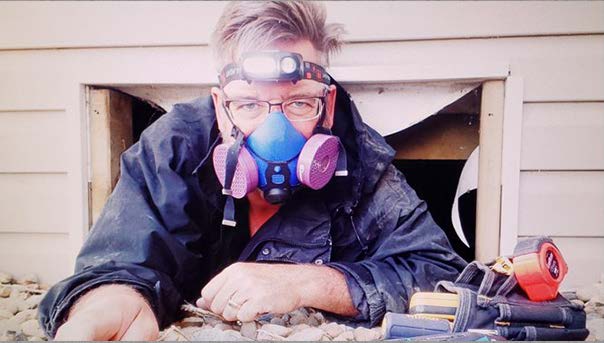
The real estate market, like the rest of the economy, has seen a significant slow-down since physical distancing and other measures have been put into force. Despite this slow-down, for various reasons, people still need to buy and sell real estate in Ontario. Real estate agents, land registration services and lawyers have all been deemed essential services and we continue to do our utmost to facilitate the buying and selling of homes. Open houses have been banned and in-person meetings are to be avoided unless absolutely necessary. As lawyers we are finding new ways to close deals with minimal contact such as video conferencing and remote signings. Realtors have long used digital signing tools that allow buyers and sellers to make a deal remotely. Virtual tours have also been an available tool for some time, but have reached a new level of importance for those who are unable to attend a home in person.
With minimal exceptions, the law in Ontario has not changed as a result of Covid-19. Caveat emptor, better known as “buyer beware”, remains an important consideration in real estate transactions. If you are buying a home on the resale market it is up to you to exercise proper caution and protect yourself from any defects in the property that you might discover post-closing. In the current climate, buyers need new ways of investigating the property and ensuring they are getting exactly what they bargained for.
Potential buyers who cannot physically attend a property should have their realtor, or the seller give them a thorough virtual tour of the property. Ask lots of questions, have the camera operator show you everything you would inspect if you were there in person. This should not be a quick camera pan of the various rooms, but a much more extensive video with close-ups that allow the buyer to look for damage or defects in the property. If possible, with permission, have this video recorded so it can be relied on if needed. A clause may be included in the agreement where the seller makes a representation that the property is “as-is” shown in the video tour given on X date.
Home inspections by a qualified home inspector are the best way for buyers to ensure they do not encounter issues post-closing with the quality of their new home. Buyers should always include a condition in their agreements allowing them to obtain a home inspection report, even during the current pandemic. If defects are discovered on an inspection, purchasers have several options to protect themselves, such as walking away, requiring the vendor to remedy the problem, or seeking a reduction in the purchase price. The Ontario Association of Home Inspectors has confirmed that home inspectors remain an essential service in Ontario. The OAHI has recommended strict protocols for the protection of the inspectors and the homeowners. The inspector will ask questions about the health and travel history of those residing in the home, and will wear personal protective equipment to avoid any transmission of the virus.
In addition to protecting yourself from any defects in the property, it is good practice to consider the logistics of closing at the outset, and include any necessary clauses in the agreement of purchase and sale. For example, it’s a good idea to include a clause that specifically authorizes the electronic signing of closing documents, and a clause that allows for electronic transfer of closing funds. Many agreements are also including clauses that allow for an extension of the closing date if the land registrations system is shut down due to Covid-19, or if either party is diagnosed with the virus or is otherwise forced to quarantine themselves.
Ask your realtor and lawyer how they can facilitate a contactless closing process. Make sure your lawyer is able to process funds electronically, and is willing to meet with you by video conference to sign closing documents. Ask about the delivery of keys. In order to avoid couriers or in-person delivery of keys, many agents are providing lockboxes so keys can be retrieved from the property following closing.
Just like the rest of life in these uncertain times, extra caution is required in buying a property, but housing is a necessity and your advisors can help you get into your new home without exposing yourself to added risks.
Matt Leask practices Real Estate Law within Lancaster Brooks & Welch Corporate and Commercial Department and he may be contacted at 905-641-1551
